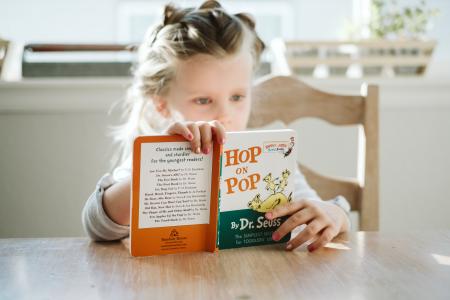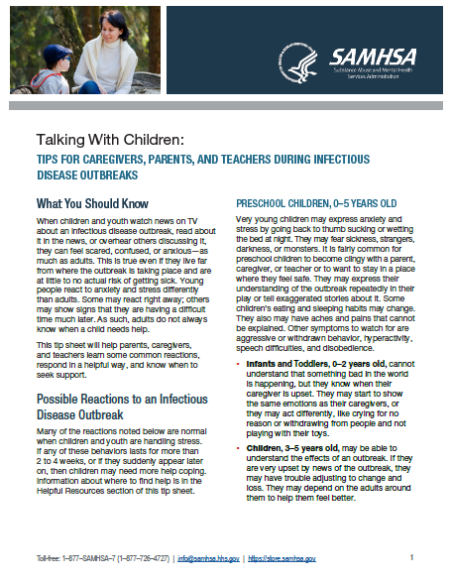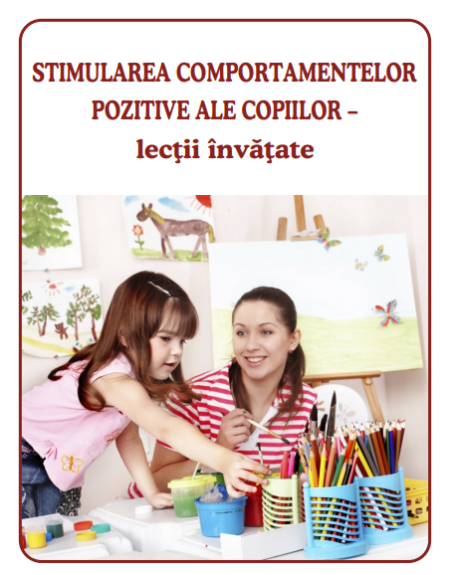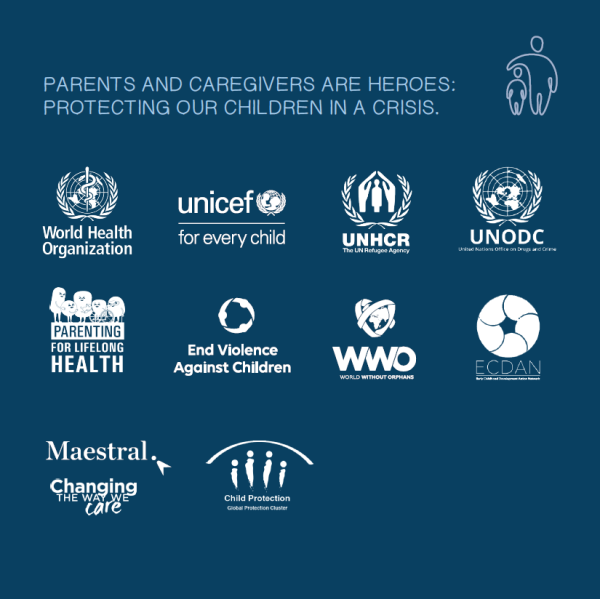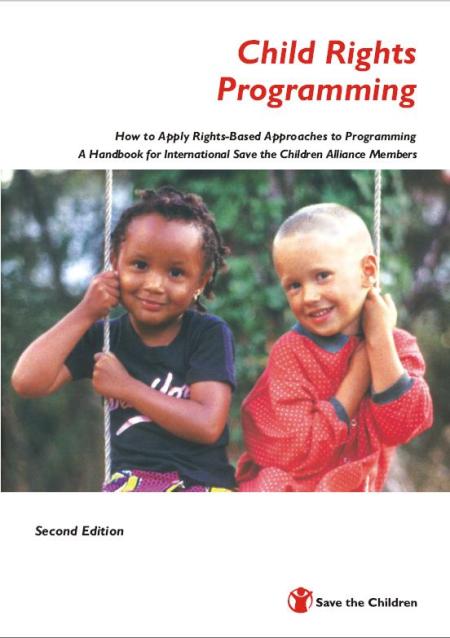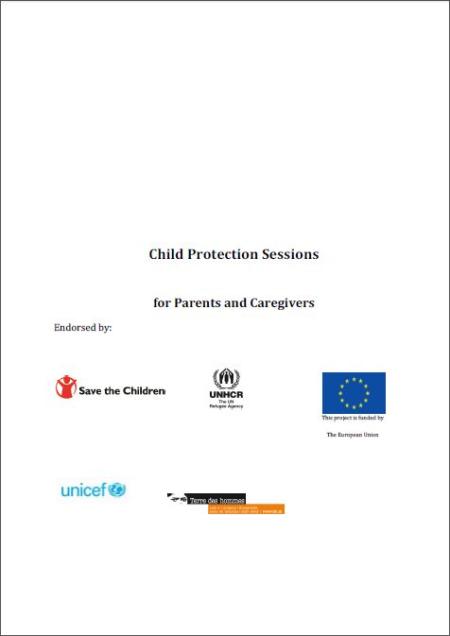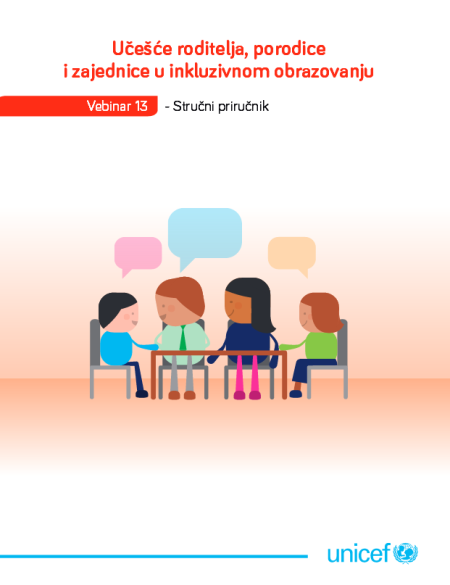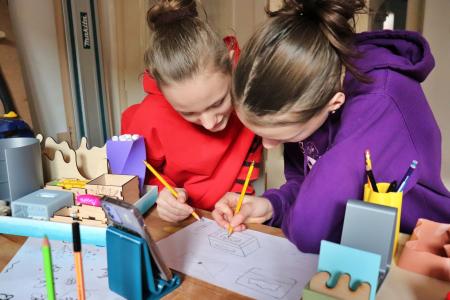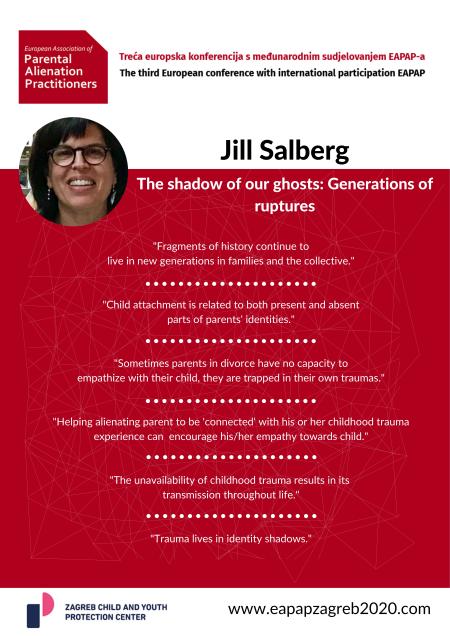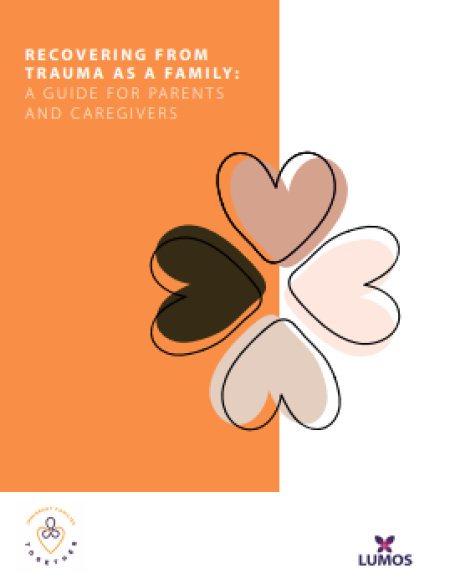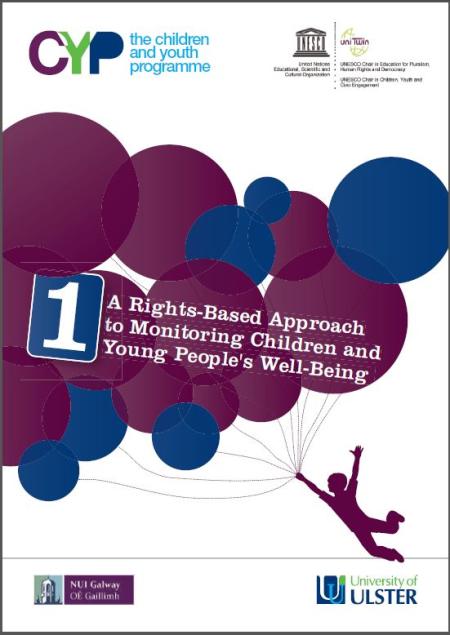
Starting from infancy, children have the motivation to learn about the outer world and whether this motivation will be encouraged or suppressed depends on the experience that the parents are giving to the children. So how do we encourage children to be motivated?
1. Follow babies' lead
Babies like new or unusual objects naturally and look away from the things that they are familiar with and too complex. It is called the "Goldilocks effect" and it is important to observe what they are interested in and pay attention to.
2. Elicit curiosity.
Infants like exploring objects and they usually throw things or drop them on the floor to see what will happen next. Let them play with new objects and learn.
3. Encourage children's playful exploration.
If you could provide the opportunities, children play and it encourages learning. Playing is naturally motivating and gives the opportunity to experience and learn from others. It has also positive effects on children's social abilities and reduces their stress. It can be difficult to encourage children's play but it is definitely an important part of development.
4. Prioritize social interaction during learning.
Digital devices and applications for children cannot replace real social connections with adults. According to a study, babies learn the language better when interacting with a teacher face-to-face. Young children can learn from screen-based devices however, social interaction is crucial when learning.
5. Challenge children just enough.
Children go for achievable goals and starting from infancy, an effort is required to maintain motivation but it has to be achievable. When the task is too easy or too difficult, children tend to lose motivation. For example, video games use the principle of learning effectively and it increases the challenges gradually based on children's performance.
6. Give children agency.
Children should have the self-determination to be more motivated and tend to accomplish meaningful tasks. They will stay engaged when they have choices of tasks and projects.
7. Provide incentives only when necessary.
"When children are suddenly rewarded for something they enjoy and do freely, they may begin to do it only when they know they will be compensated afterward." If possible, it is essential to keep children curious and interested in an achievable goal rather than incentivizing them.
8. Praise the process rather than the outcome.
When parents compliment their children for their intellect, skills, grades, or medals they received, it can lead to performance orientation. They will be motivated for rewards but will try to avoid challenging activities that they are not feeling confident because of the fear of negative evaluation. The performance pressure will increase as children grow and it is also related to depression, anxiety, and uninterest in learning. Parents should praise their children for their effort and hard work as well as explaining that mistake is an opportunity to learn and improve. By doing this, children will learn that they can achieve goals by working hard and become motivated.
9. Maintain a close connection with adolescents.
Adolescents take risks and get out of their comfort zones in order to maximize their experiences and learning opportunities. It is important in making the transition to become an adult. "As teens become more motivated by the approval of their peers, it can be socially rewarding to follow risk-taking leaders or stand out by breaking boundaries." Although the teenagers who are close with their families are less likely to take risks. Stay supportive as adolescents are going through physical and mental changes that can make them prone to risky behavior. It is recommended to be open with them.


